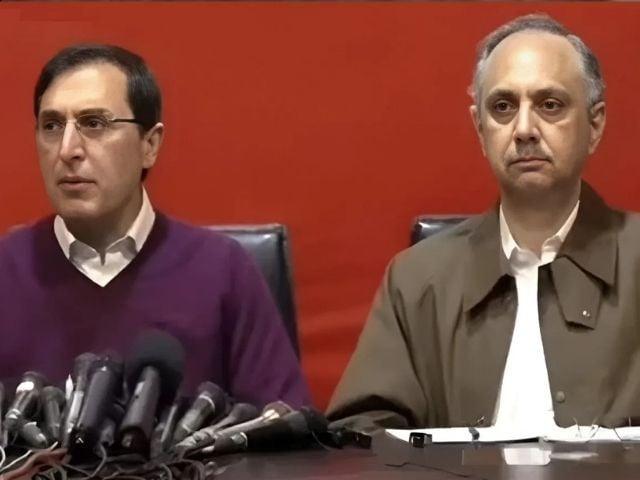Pakistan Tehreek-e-Insaf (PTI) leaders have sharply criticized Pakistan’s Digital Nation Bill, alleging that it undermines constitutional rights and sets a dangerous precedent for surveillance and control.
Speaking to the media, opposition leader Omar Ayub warned that the bill could affect those who defend constitutional supremacy.
Ayub highlighted the PTI’s protests against the bill in Parliament and claimed that the government has failed to address the main concerns of the opposition.
The Digital Nation Pakistan bill includes provisions that give authorities broad access to citizens’ data.
Ayub alleged that the government is using the bill to suppress dissent and restrict freedoms under the guise of regulation.
“This is an attack on the fundamental rights guaranteed by the Constitution,” he said.
Barrister Gohar, another PTI leader, condemned the rushed legislative process, pointing out that several laws were passed in less than 10 minutes during just 88 parliamentary sessions last year. “This is the shortest lawmaking period in history,” he said.
PTI leaders also expressed concern over alleged judicial pressure and mistreatment of detained party workers.
“The government promised to arrange a meeting with the PTI founder, but has not yet fulfilled its commitment,” Ayub said.
He also reiterated the party’s demand that an impartial commission be formed to oversee critical issues.
Aamir Dogar noted that 700 protesters were recently transported in inhumane conditions, with 500 detainees crammed into vans designed for far fewer.
He demanded compliance with jail protocols for more than 3,000 PTI supporters currently in custody.
Former minister Ali Muhammad Khan accused the judiciary of issuing politically motivated verdicts.
Referring to the sentencing of former Prime Minister Imran Khan, he said: “Judges who avoid petty theft cases are judging national leaders.”
Pakistan’s Digital Nation bill, along with accusations of judicial bias and poor governance, has intensified public dissatisfaction.
PTI leaders warned of worsening political tensions unless transparency and constitutional safeguards are prioritized.




